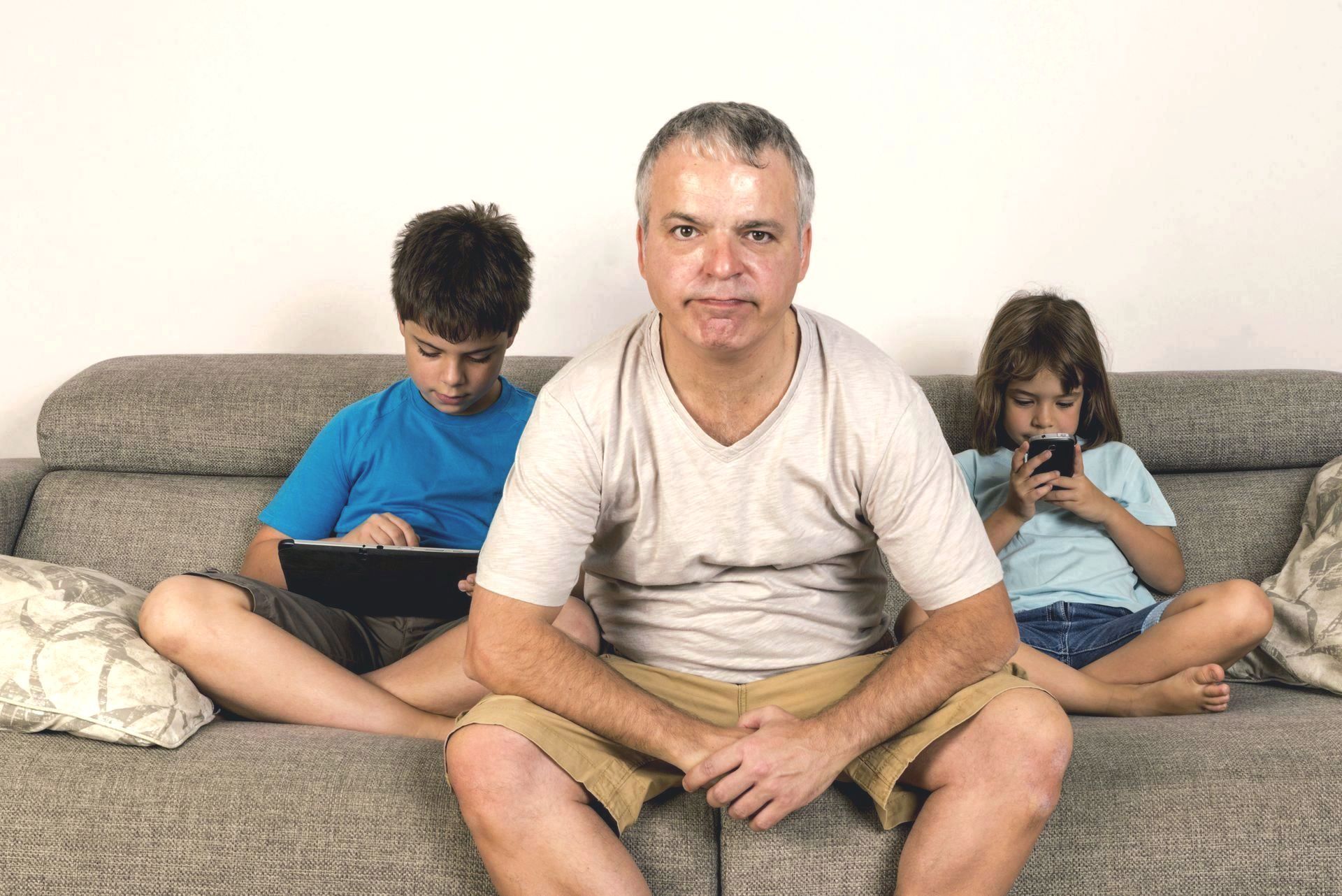CHILDREN and YOUNG PEOPLE
At kindergarten, Mia has trouble sitting in a circle and listening to the story. The kindergarten teacher notices that she always takes the same toys off the shelf and likes to play by herself. She doesn't seem to be interested in other children.
Leo likes going to school, but somehow reading is so difficult! Then there's the writing - after a dictation, everything is always covered in the teacher's red pen, no matter how often Leo has practiced the text at home.
Felix always comes home from school angry, one outburst of anger follows another, doors slam, things fly. Mom and little sister get to safety. Homework and a peaceful dinner are out of the question.
Anna's parents' phone rings several times a week. The teacher complains that Anna disrupts the class, constantly stands up, talks, doesn't follow instructions, provokes and torments other children.

Matteo's parents have noticed that he is becoming less and less interested in things. He no longer wants to play football or hang out with friends. Gaming is on the agenda, but should they ban it completely if he doesn't enjoy anything else? Is it just puberty?
In the evening, Marie reads for another half hour, then her mom turns off the light. Sleep? How? One thought chases the next and the clock hands keep moving. Get up at 6 a.m. tomorrow morning? How is she supposed to manage that?
Finn should really do a trial apprenticeship soon, say his parents. He is already in the 9th grade and should have done it much earlier! But Finn had absolutely no desire to do it. His grades at school are getting worse and worse. He can hardly concentrate. Why should he? The friends he has now feel exactly the same as him. That's why he likes to hang out with them in the evenings.
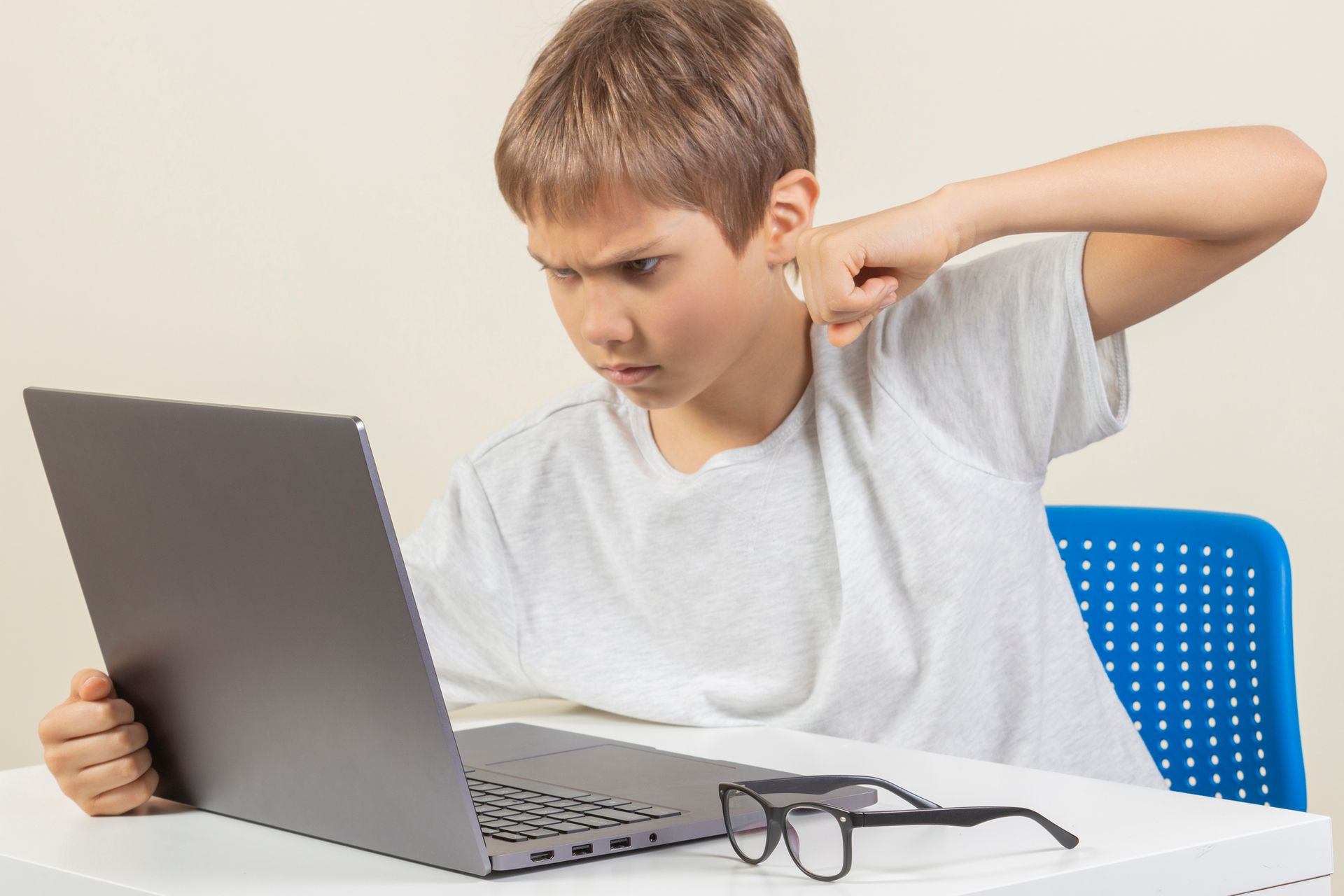
Perhaps you know similar situations and are worried about your child. The teacher recommends getting a diagnosis and mentions something about ADHD. But your neighbor says that it's just fashionable - every second child has something like that these days. But you are unsettled because you notice that your child really isn't doing well.
I can help you find out what it might be you are worried about. Whether it really is ADHD, as the teacher suspects, whether Leo may have dyslexia, whether Mia is disinterested in other children or has an autism spectrum disorder, or whether the behavior can be explained in a completely different way. If a diagnosis is confirmed, I will be happy to support you and your child: with coaching and neurofeedback, as a point of contact for teachers and supervisors. If medication therapy is necessary, I will advise and support you in close cooperation with your pediatrician or family doctor.
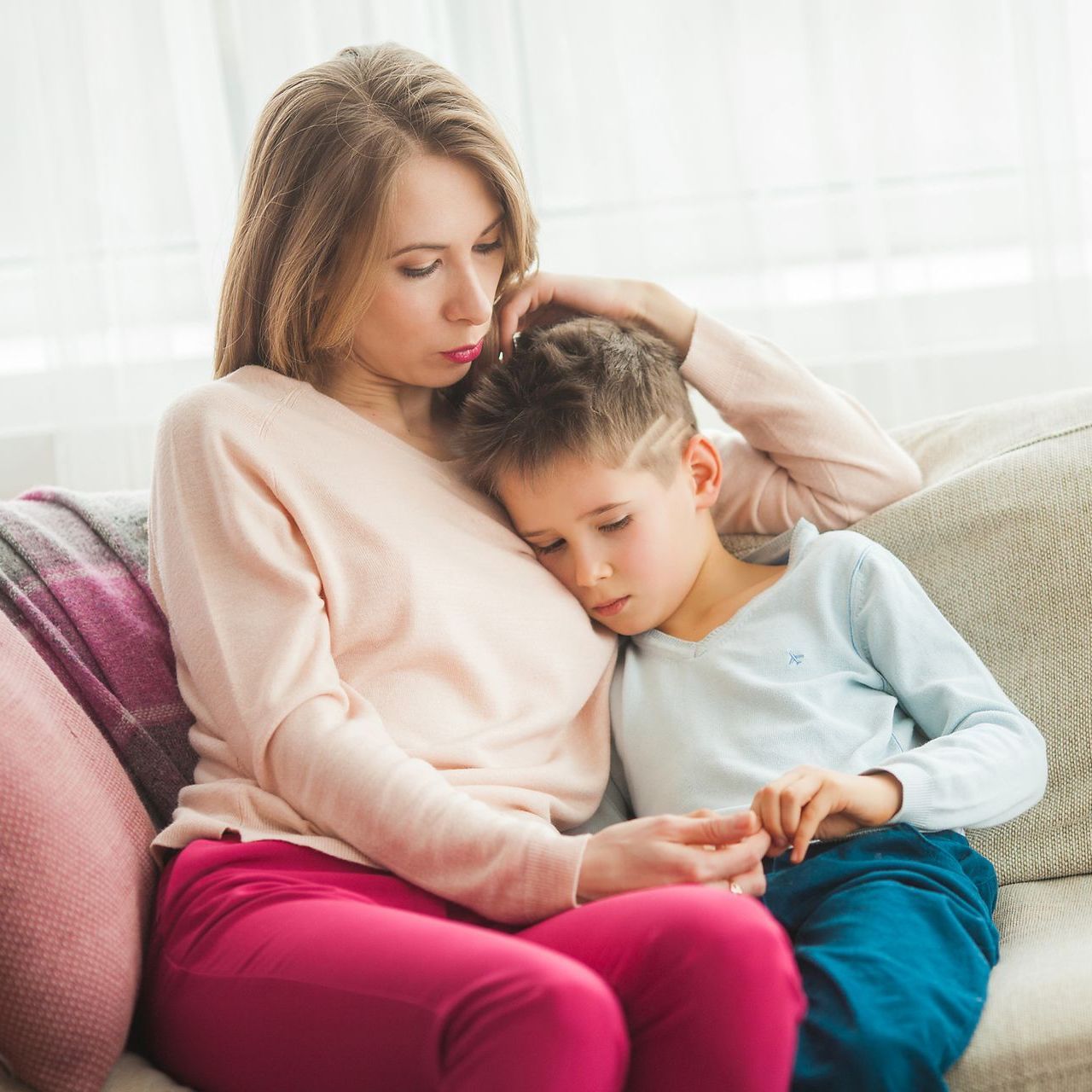
Consultation
Kindergarten entry is imminent. But even the playgroup is a big challenge. Is the child ready to move on to kindergarten?
The teacher thinks you should have your child checked out. She suspects ADHD. At home, however, you do not see that your child's behavior would indicate ADHD. Is this assessment really necessary? What would be the consequences?
Your child has been diagnosed with ADHD. You are skeptical about medication therapy and think that there must be other ways to help your child. How does a drug actually work? Are there any alternatives out there?
I can provide you with information and advice on these and similar questions. Sometimes these are one-off consultations, as a lot can be clarified in one appointment. In other cases, it turns out that the most sensible step would be to have a thorough assessment, neurofeedback therapy or regular parent coaching. I am happy to provide you with detailed information so that the decision "what to do next?" is easier for you.
Evaluations & Testing
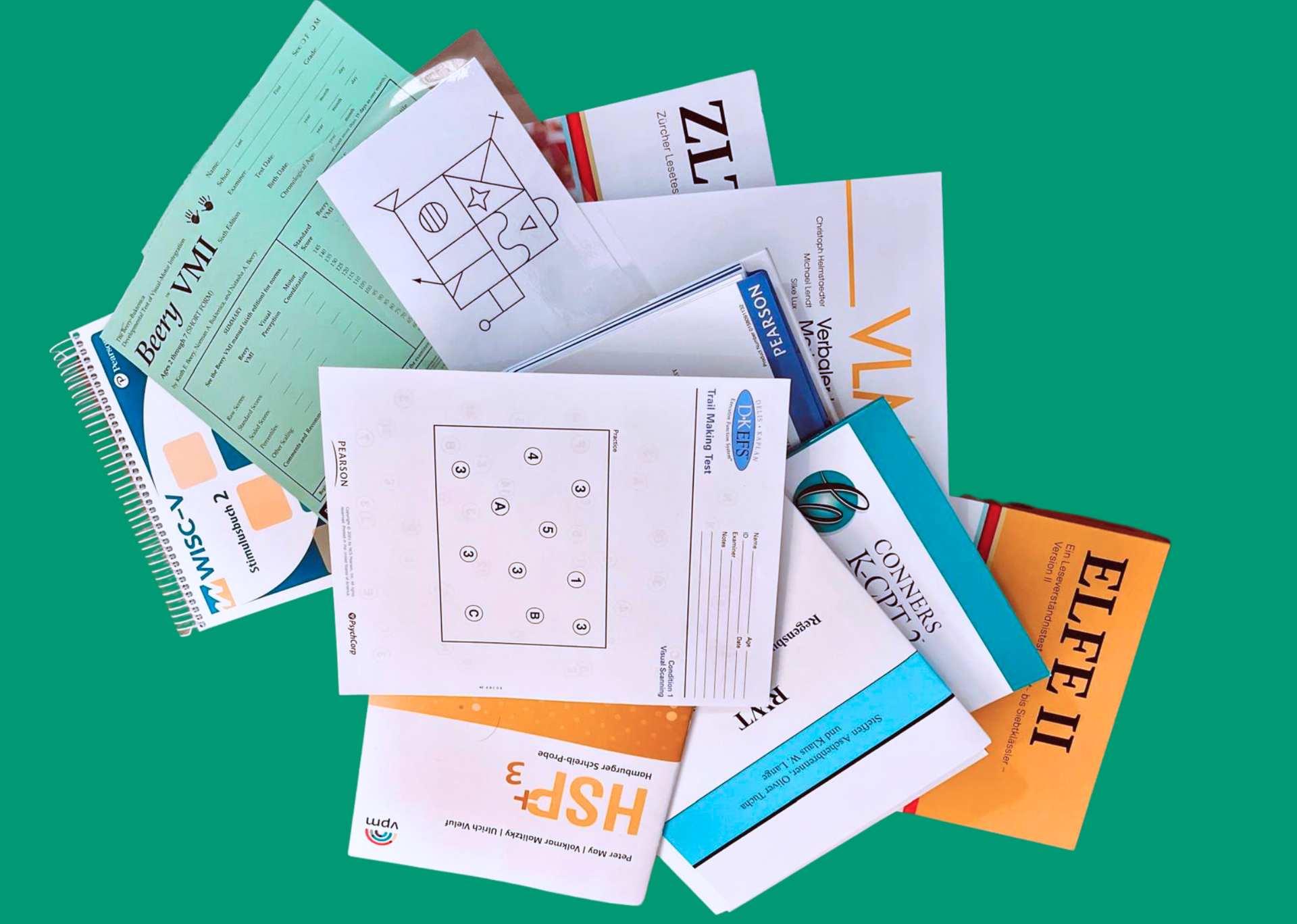
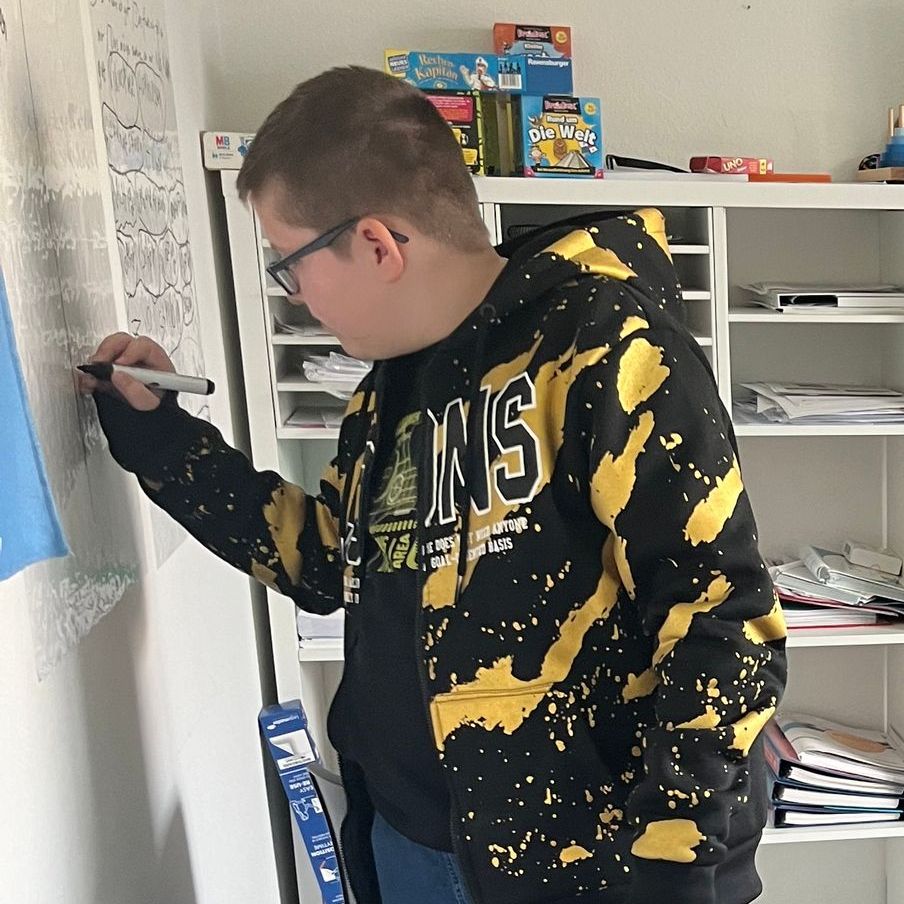
ADHD-coaching for children
Coaching for children is very individualized and tailored to each child. There are children who can say very precisely what needs to change in their situation and what they want to "work on". Other children first want to know what "ADHD" actually is. Many kids suffer from very low self-confidence due to constant negative feedback from their environment over the years or due to bullying by their peers. In coaching, they first learn to find out where their strengths lie. They are often surprised at how many there are...
The coaching ranges from concentration games to talking, drawing, and surfing the internet. For example, to look for fairy lights that help you fall asleep better alone in the evening.
The coaching usually consists of 30 minutes of coaching and 30 minutes of neurofeedback. Since the children can choose a film or play a game during the neurofeedback session, they often participate very well in the coaching part.
NeurofeedbacK Children
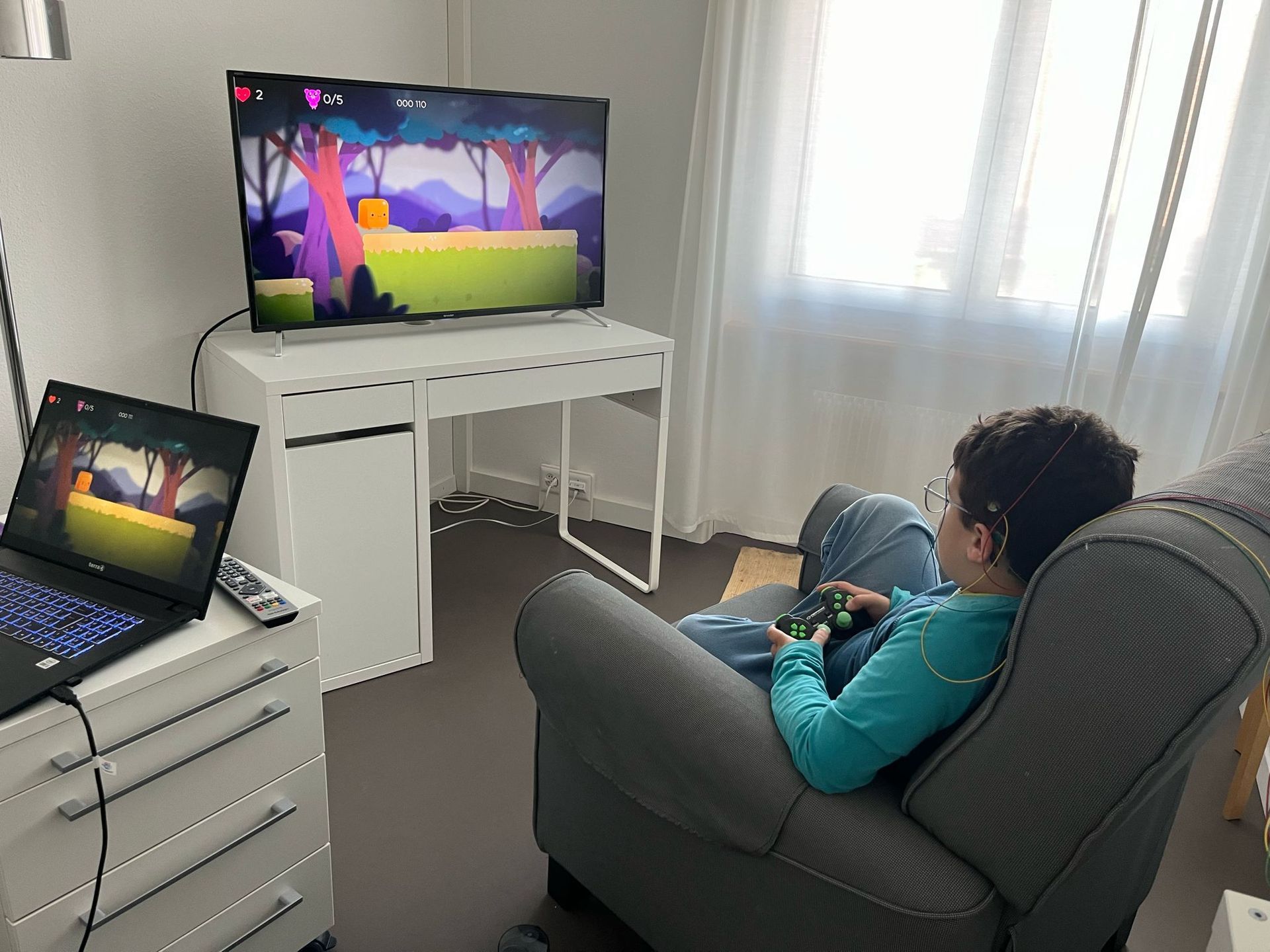

Academic coaching
It is not only children with ADHD who often have difficulty arranging their weekly schedules, meeting deadlines, preparing presentations or studying for exams. I provide strategies on an individual basis using specific tasks from school on how to structure a mountain of tasks, divide them into parts and complete them. We also find out how a child or young person learns best, because this is also very individual. Tips and strategies on how to learn in a way that is best for the brain often help to make studying fun. And last but not least, it should be recognized that breaks in particular are a very important part of successful learning.
When reading is difficult, I want to find out what the child needs to make reading successful and fun. Sometimes we go back to comics, sometimes to books from 1st grade, even if you are "already in 3rd grade". In the protected environment of coaching, this is not embarrassing, which it would be in front of other classmates.
Parent coaching
Being a parent of children who are "out of the ordinary" is not easy. Negative feedback and phone calls from teachers, round tables where things are often anything but smooth sailing - it is often difficult to bear. At home, things often get heated, anger cannot be channeled, aggression increases and is released on parents and siblings. As a parent, you are often helpless in the face of this: should you let it happen? Get angry yourself? Be strict? Approach the child lovingly and risk the aggression being directed at you?
I offer you an outside perspective on these difficult situations and may discover ways out that you don't always see when you're in the thick of it. There are various techniques and tools that allow you to react differently the next time a heated situation arises or to show the "walking volcano" ways to avoid erupting.
It's not just the children who suffer. Parents often suffer too. They are exhausted and desperate. On top of that, there can be different opinions between the parents, which makes it even more difficult. Parent coaching is also about finding islands where you can recharge your batteries together, take a break, enjoy yourself, nurture relationships and friendships - all the things that are irreplaceable for a good relationship. As someone affected, this sometimes seems impossible. From the outside, as a coach, you can usually see viable paths.
